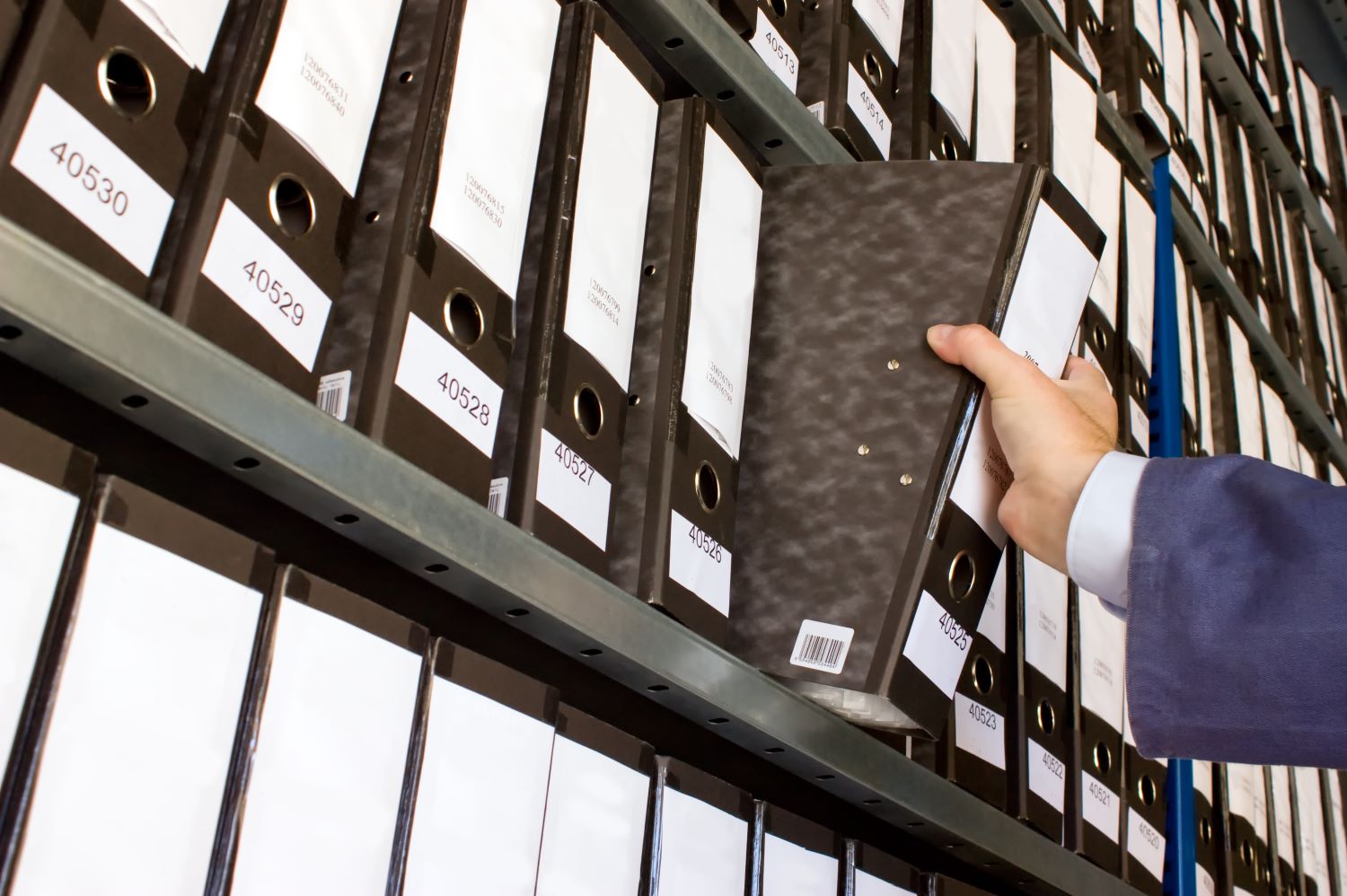When a family member or loved one dies most people want time to themselves and cherish their privacy. This can be particularly important when having to go through the process of administering an estate through the probate courts. However, many people may not realize that probate records are in fact publicly available. Assets in your estate as well as other information is public record after you have passed away.
Wills publicly available
Once your will is filed with the probate court it will become available to the public. However, only after your death will they be filed with the probate court. At this point the probate process will begin in order to decide how to distribute assets of your estate that you have left behind.
Intestate succession
If you do not have a will or estate plan set up by the time you pass away the probate court will be forced to determine distribution of your estate assets based upon applicable intestate laws. As a result, all documents connected with the intestate succession process will become publicly available.
How does one access probate records?
Once your documents are submitted to the probate process anybody will be able to access your probate records. This can be done via the local probate court in charge of dealing with the particular probate case. These probate records may be found in digital format for some jurisdictions that provide an online search option.
For jurisdictions that do not have an online option available you may have to visit the courthouse in person. However, you may have the option of requesting the court send you the specific records via fax or mail.
On the other hand, some courts may provide only partial access to probate records online. In these cases, usually just a brief summary of the record can be viewed online. You will have to contact the court to access the complete probate record. This may require that you visit the courthouse in person.
Generally, all one needs to find a specific probate record is the decedent’s first and last name and the date of the decedent’s death. The court may charge you a small fee to obtain probate documents or to receive copies.
Keeping your records private
Upon entering the probate process there is not much that can be done to make your related documents and information concealed from the public. Although there is a potential the judge will seal the records if there is a compelling reason to do so, however this is highly unlikely. This is why if you want to maintain privacy it is best that you bypass the probate process completely.
You will find various estate planning strategies that allow your estate to avoid the probate process. However, you will need to choose the particular strategy that best fits your situation. Your financial advisor can help you devise the best path forward for an estate plan that prioritizes your privacy.

